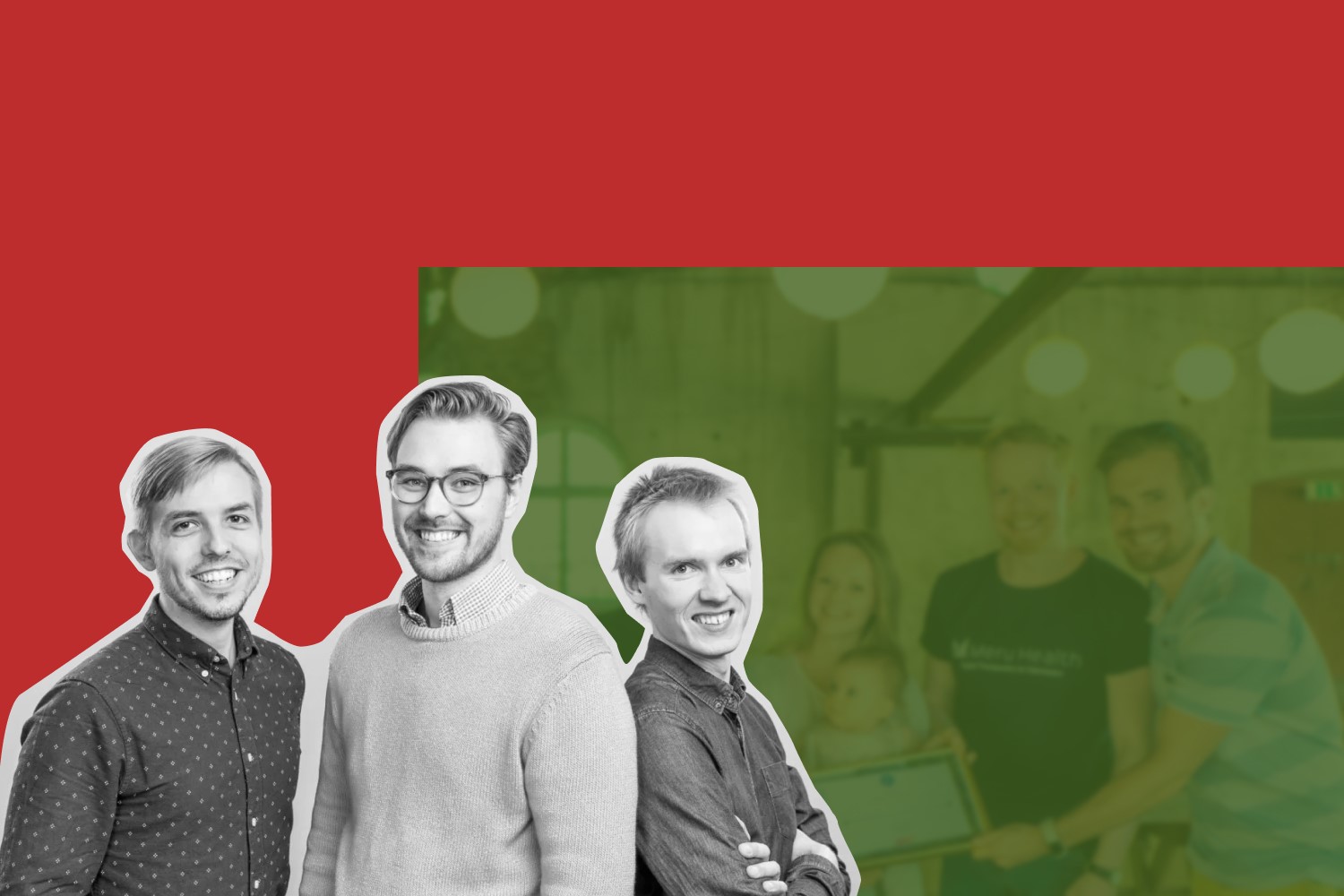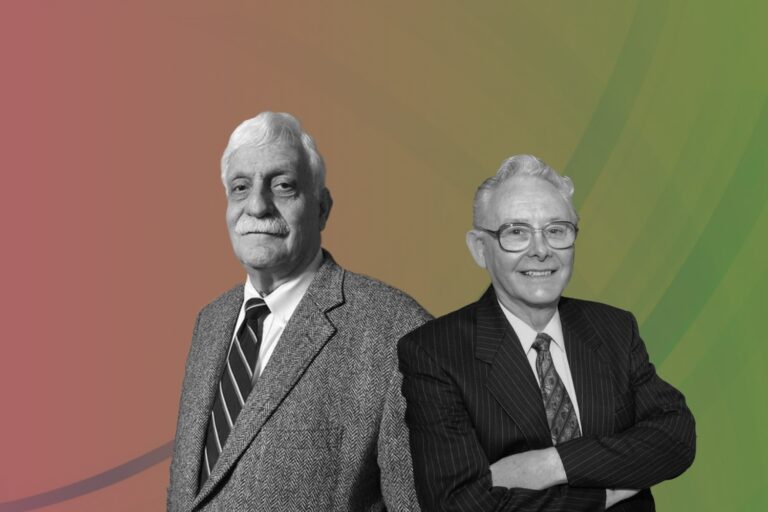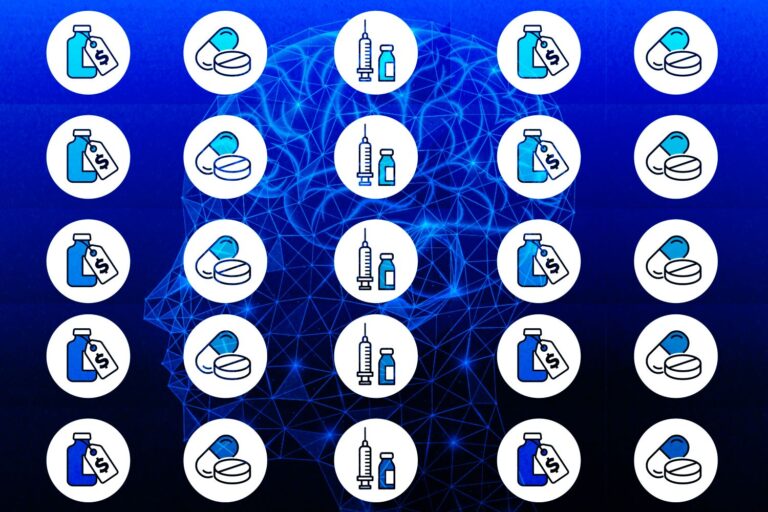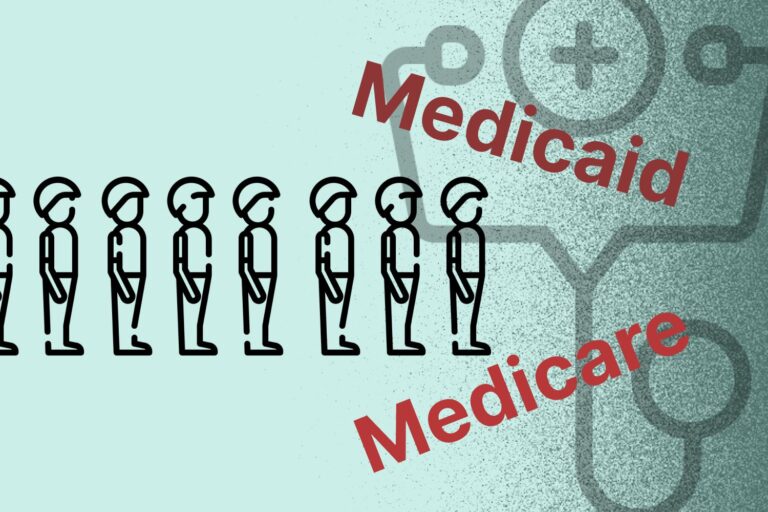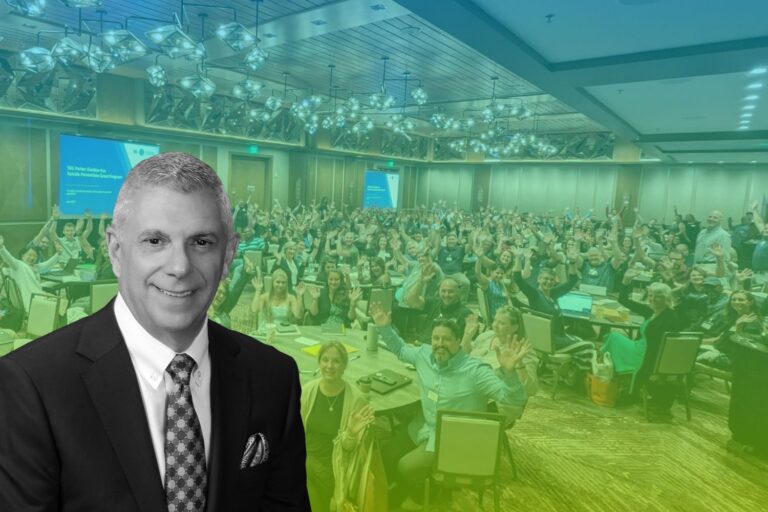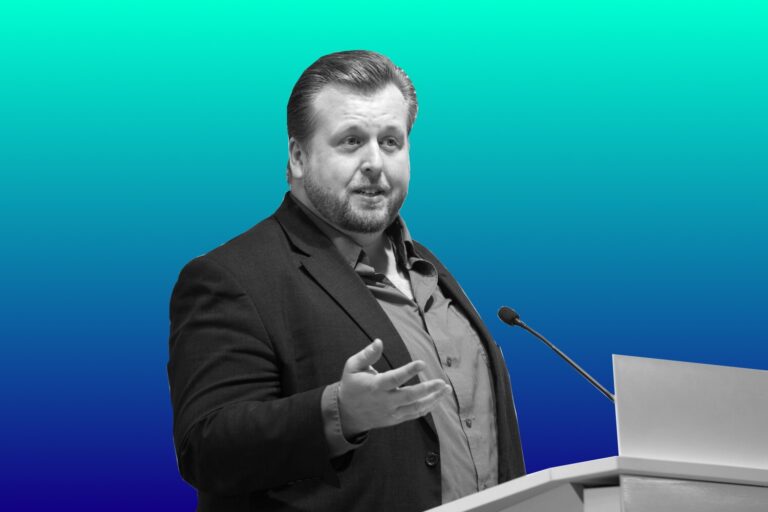From the Founder’s Pain to a Health Tech Masterpiece That Does Wonders
There is no denying that mental health issues are becoming more prevalent in America. To be more specific, 50 million Americans were dealing with mental health issues in 2022. 4.9% of people in the population had a serious mental condition in 2022.
4.58% of people said they had considered suicide in 2022. That represents a startling increase over the numbers from 2021, when 664,000 fewer people reported having these thoughts. Sadly, since 2012, that number has gone up alarmingly year by year – and this last year did witness 47,511 people committing suicide.
The tough reality is that over 50% of Americans with a mental health problem do not receive any treatment. This is basically the motivation behind Meru Health – the startup putting their heart into offering people better treatment for mental illnesses.
This San Mateo based health-tech company was founded by Kristian Ranta in 2016. Meru Health offers an online program that helps improve the lives of people living with depression and saves on healthcare costs. It creates and provides affordable, clinically validated, and compelling digital solutions to empower people with depression.
People experienced hardships and adversity of various types, some of them could not take it anymore, while some were able to turn trouble into triumph and pain into power. The company CEO Kristian Ranta is a typical example here, who lost his brother to suicide a few years ago. It’s hard to get over it, but Ranta stood up and transformed his great pain into power to form a company that helps people. Let’s read on.
Loss Magically Turn into a Positive Force to Empower People
People that followed Kristian Ranta since his early 20s would know that this founder used to be a musician. In his teenage, Ranta was a guitarist and a singer in a heavy metal band called Norther, which has sold more than 100K records and has more than 10M views on YouTube.
During his learning period, Ranta has studied computer science, business and leadership at several Finnish universities. He has a master’s degree in information system science from the University of Jyväskylä and bachelor’s degrees from Aalto University and Haaga-Helia University of Applied Sciences.
Besides art, he’s also into technology. The founder of the startup has spent the last 12 years developing new medical technologies in the United States, Europe, and Asia.
Ranta’s passion is to create global businesses that improve healthcare and its distribution. He believes in humane values, positivity and the importance of lowering misery in the world.
He established his first business, Mendor, in 2005. This company created a cutting-edge glucose monitor for persons with Type 1 diabetes. Mendor won the Deloitte Rising Stars 1st place in Finland in 2014, and in 2015, i-Sens, a Korean public company, purchased Mendor’s glucose monitoring business.
While Kristian was constructing Mendor, he lost his older brother Peter to suicide because of his depression. This is the turning point when Ranta was motivated to build a mental health solution that could help others deal with the same problems his brother had in 2016.
Meru Health is now working with Stanford University, Stanford Health Care, Aetna, Cisco, Intel, and the Veteran’s Administration in California and other states after being approved to the famed Y Combinator accelerator in 2018.
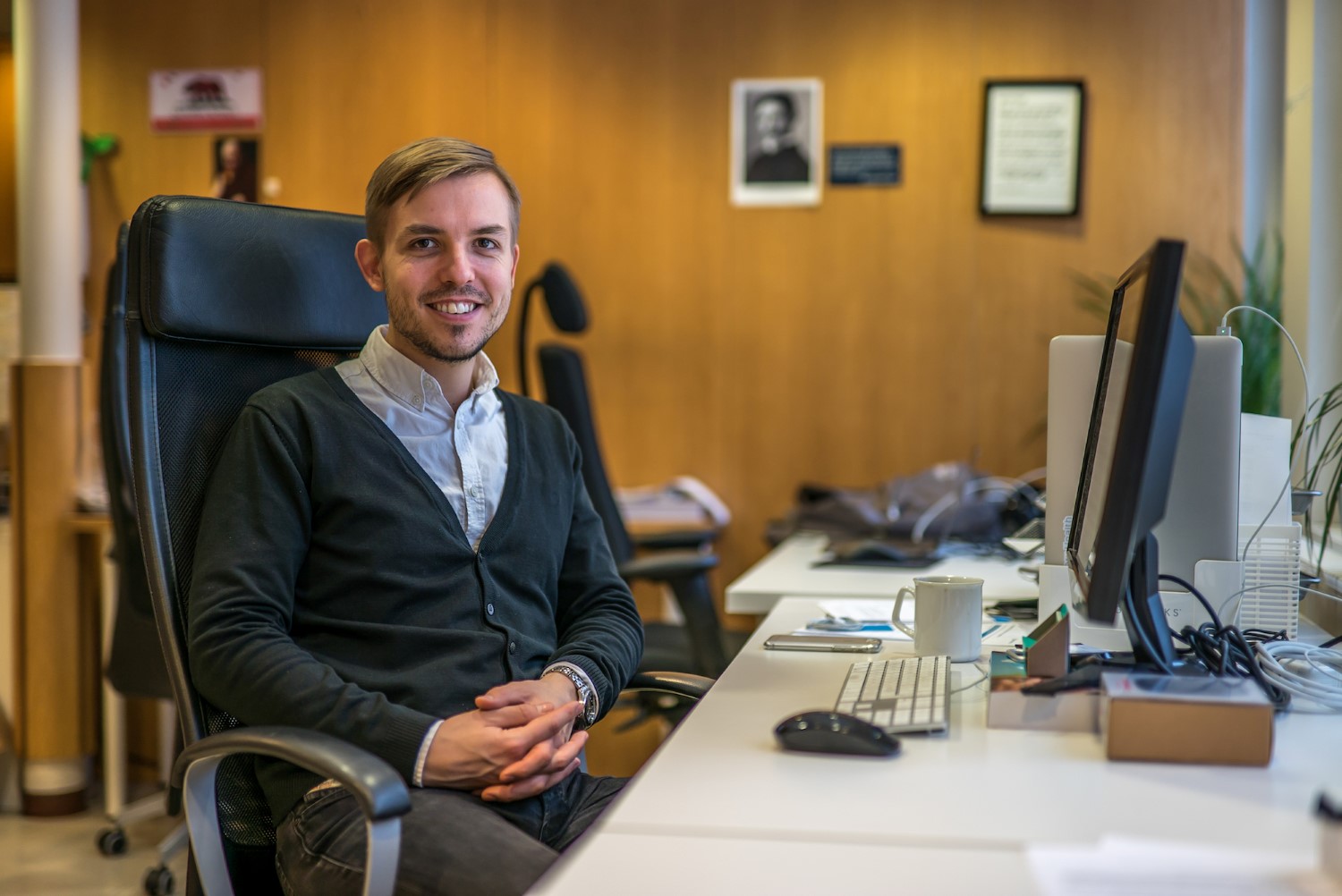
This Meru Health founder’s always been fascinated with how to enhance healthcare with information technology. Therefore, he had these reasons for wanting to study mental health: to help others be better, get better, remain well, and avoid becoming like his brother. This entrepreneur wants to change how the system works, because it’s one of the most inefficient systems in healthcare.
Mental health has always been a problem even prior to the pandemic. However, when the crisis came, it exacerbated the problem, people started to care about their problems. Even after a return to most normal activities, the effects of the pandemic continued to exert a toll on our mental status. One thing needs to be said that the pandemic has opened the 4th wave of mental health.
Mankind Entering the 4th Wave of Mental Health
If nine family members left behind to grieve each of the nation’s 320,000+ COVID-19 deaths until 2020, nearly 3 million Americans were wrestling with loss on an unimaginable level of volume bereavement.
But unlike past crises in which communities could come together to heal, this one kept them six feet apart.
At the same time, COVID-19 vaccine distribution is underway, clinicians were zeroing in on the toll the pandemic had taken on the nation’s collective mental health.
According to Gold, people were mourning not only the loss of loved ones but also the loss of their previous lives as they knew them before the pandemic, with more than 10 million people unemployed and an estimated 11.7% of Americans living in poverty in 2020.
Before the pandemic, 15-19% of adult people had anxiety or depression symptoms. According to CDC survey statistics, that percentage rose to 31% by June 2020, and roughly 11% of respondents said they had seriously considered suicide.
Undoubtedly, the COVID-19 pandemic has had catastrophic effects on many levels. But if there’s any glimmer of hope in the global crisis, it could be that it’s less stigma to talk about feeling anxious, depressed or burnt out. Because it’s likely that the person you’re speaking to is also experiencing one of those things.
More remarkably, the crisis has brought to light two underlying problems in the mental health sector.
Accessibility is the first problem. People frequently have to wait months before receiving mental health services, and frequently just receive a prescription medication that doesn’t help them.
The standard of care is the second important issue that we need to take note. The current standard of care for mental health is incredibly ineffectual on a population level. Despite the widespread belief that our treatments are effective, the data shows that we are completely ineffective at treating these illnesses.
Those two major problems are what inspires Meru Health to build its own hybrid approach in treating mental problems in a comprehensive way.
Meru Health on Architecting Its Hybrid Winning Approach

In the initial stage, they spent a lot of time on clinical research. Meru Health constructed a prototype and began gathering data since they had thoughts about what would work based on their prior experiences and research. The product essentially functioned right away. The company collected more and more data and published papers with UC Davis and Stanford University.
They needed two or three years to complete the process. When developing a system for health care, it’s crucial to have published scientific research from respectable universities to demonstrate that it genuinely works and isn’t harmful.
At Meru, they have been hybrid since the beginning, and this is due to the truth that the model for the future of work will be similar. People want the flexibility of remote work, but they also desire the physical connection from being present with others.
With a hybrid approach, Meru needs new elements that facilitate people, especially ones that bridge the gap between in-person and remote. The startup has been using Slack and Zoom for years, and they are constantly looking for new software that enhances efficiency and collaboration.
As the company explores new cutting tools, they always try to keep things simple and not clutter people’s desktops. This startup conducts many internal discussions about it and is committed about providing our employees with the resources they need to be successful.
Meru’s spent a huge amount of time with their portfolio companies talking about this hybrid approach. Everyone was at ease when they were all present, but they soon had to adjust to being completely remote. People in the office are going to have a very different experience from those who are remote, making this hybrid environment that Meru is entering more difficult.
The fascinating thing about Meru Health’s strategy is that it strives to be a holistic one, treating the body and mind simultaneously rather than concentrating on just one issue.
“We’re now showing with research that this approach has 3-5x better clinical results than the standard of care in the U.S., and a roughly 80% completion rate, which compares to 30% to 50% in traditional therapy because we engage people dramatically better.” Kristain Ranta said.
Meru Health distinguished itself from its rivals in a number of ways, including with exceptionally high completion and engagement rates, strong clinical results supported by long-term clinical studies, and a three-month curriculum combined with biofeedback that encourages engagement and makes it easier for payers to assess outcomes.
This startup got into Y Combinator in 2018, after trying six times. It wasn’t easy, after showing the capital firm consistent progress, they finally got a seat at the table. After that, the commercial side of things really heated up, and one of those things was financial performance.
Total of $53.3 Million Snapped for Holistic Online Mental Health Platform
One of the very first money that the company received was in 2016 in a Seed round. Meru Health raised $330K in the year to pursuit its mission. Things went well and the California based business entered 2017 with $700K in another Seed round led by Impact Investments and Prodeko Ventures.
2018 marked a significant milestone when they got in Y Combinator and raised an undisclosed amount of capital in two rounds, a Seed and a Venture to set their eyes on selling to larger employers and doing clinical research.
Enter 2019, this mental health oriented digital clinic, announced it raised $4.2M in Series Seed financing from Freestyle Capital, Bonit Capital, Y Combinator, Lifeline Ventures and IT-Farm. They used the fund to invest in apps targeting depression and anxiety.
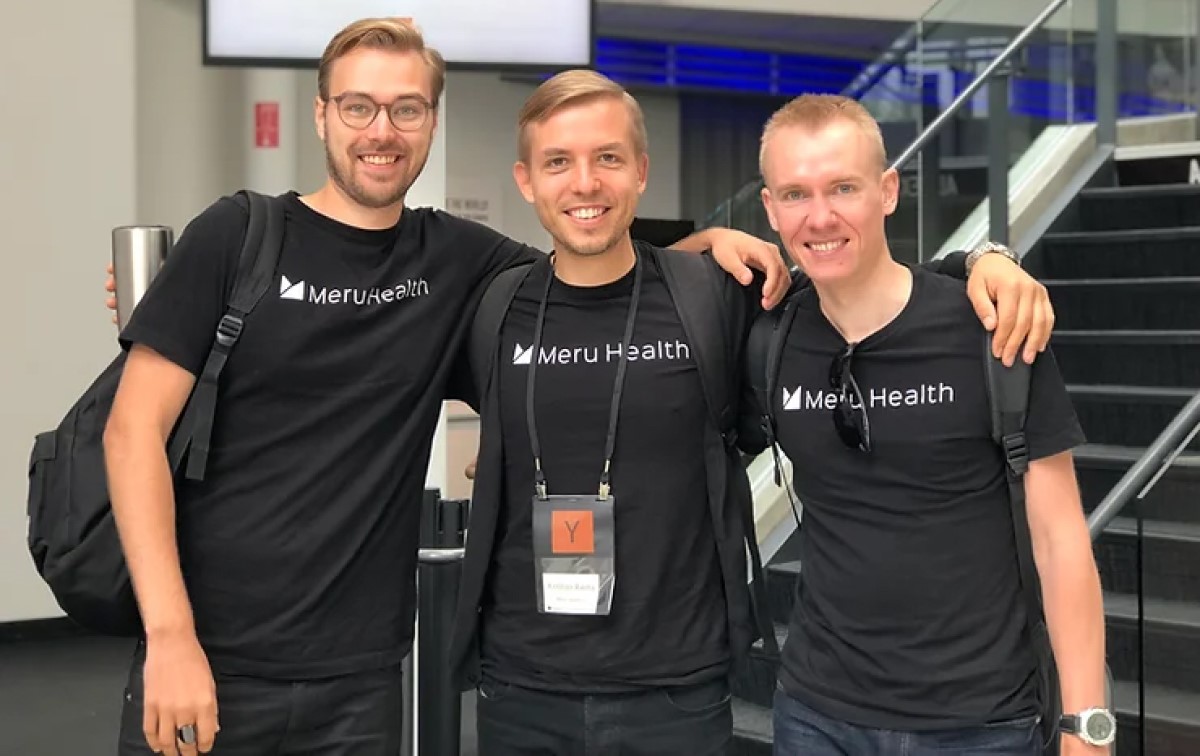
Having grabbed its successes and jumped into the pandemic in 2020, this online provider for greater mental health announced that it secured $8.1M in Series A financing led by Foundry Group, Slack, Bold Capital, and Y Combinator.
When therapists from all over the nation described how the need for mental health services had been rising steadily and rapidly during the pandemic, at a rate that had been challenging for them to keep up with, Meru appeared to aid this essential group with its platform.
As COVID forced people to obtain online options for all forms of healthcare, which include mental health, it’s no surprise that Meru Health grew its customer base by 10x and saw about 700% revenue growth in 2020. The business also revealed in 2021 that it had raised $38 million in a Series B investment, bringing its total funds raised since its founding in 2016 to $51.3 million in 2021.
Leading the $30 million equity round was Industry Ventures. The remaining $8 million was secured in debt. While J.P. Morgan provided the debt funding for the round, other early backers like Bold Capital Partners, Foundry Group, Freestyle VC, FMZ Ventures, and Leksell Social Ventures also took part in the equity investment.
This funding, which was a combination of equity and debt, used to speed up Meru Health’s nationwide expansion in the United States, increase efforts to collaborate with healthcare payers and employers, and increase access to a new coaching solution that designed to help people who are showing early signs of depression, burnout, or anxiety prevent those symptoms from getting worse.
Recently in May of 2022, this healthtech company snapped in a new $2 million grant by The National Institute of Mental Health. This capital will help Meru Health to study the next generation of digital mental health care solutions. With this new investment, the total funding of this company rises to $53.3 million.
Under the grant, Meru Health will study 300 primary care patients throughout the United States who are starting to experience signs of major depression, following them from April 2022 to March 2025 to evaluate the effectiveness of their 12-week mental health mobile app program.
Looking at their performance over the years, we can see how much effort they have poured in, as long as the ardent vision of CEO Kristen Ranta for the mental health industry. The whole industry has been going through an underwhelming period, but Meru’s timely solution had solved those problems and set a new standard in mental healthcare.
New Standard Set for the Fight in Mental Healthcare
Meru Health is rapidly transforming the standards in mental healthcare with one of the most complete online solutions, which integrates licensed therapists and psychiatrists, a smartphone-based treatment program, a biofeedback wearable, and anonymous peer-support groups.
Two years into the pandemic, but the aftereffects still haunt us in todays’ life. That’s the reason why the mental healthcare system needs to adopt new standards to better not only patients, but also therapists and psychiatrists. Meru’s Health CEO, Kristian Ranta has targeted trends that would dominate this field of healthcare.
The first element is scaling telehealth solutions for mental health. Somehow, telehealth is viewed as the answer to all of our issues with mental health. However, the issue of not having sufficient access to providers didn’t really go away. As the major provider scarcity develops, there will be more efforts made to scale therapists as mental health receives more and more attention.

After that, evidence-based care is becoming highly significant. 99% of the stories about cutting-edge digital therapies or apps for brain health are devoid of any scientific evidence. Scientific evidence showing how these novel treatments actually work and produce long-lasting outcomes will be crucial in the coming years.
We also need to concentrate on preventing suicide. As the suicide rate among American youth continues to rise, this issue is becoming more and more prominent.
Businesses like CVS Health have stepped up with resources and support to combat the rising rates of suicide, and we anticipate seeing more of these types of programs roll out in the upcoming year from companies who are proactive and paying attention to the mental well-being of their employees. Businesses and insurance providers are addressing this issue for their employees and members.
Next, the problem that we are handling today, mental health aftermath of COVID-19. People will need assistance coping with the aftereffects, such as loss of loved ones, stress from loss of money, separation from friends and family, fear of getting sick, and how to reacclimate once restrictions are released. It has been a painful time for many.
A WHO assessment found that while the need for mental health services is growing, the COVID-19 pandemic has disrupted or stopped vital mental health services in 93% of nations globally. For years to come, we need to focus on healing and dealing with the pent-up demand for mental health services.
Finally, new and alternative treatments need to be explored. The investment for entrepreneurs in the mental health field has increased dramatically, and alternative treatments are gaining ground. Large-scale research on their effects have also been published this year, and laws around the use of drugs like cannabis as medicine are changing.
As the therapist extensibility problem is being recognized, the demand for alternative methodologies that could save our mentally struggling population is rising.

